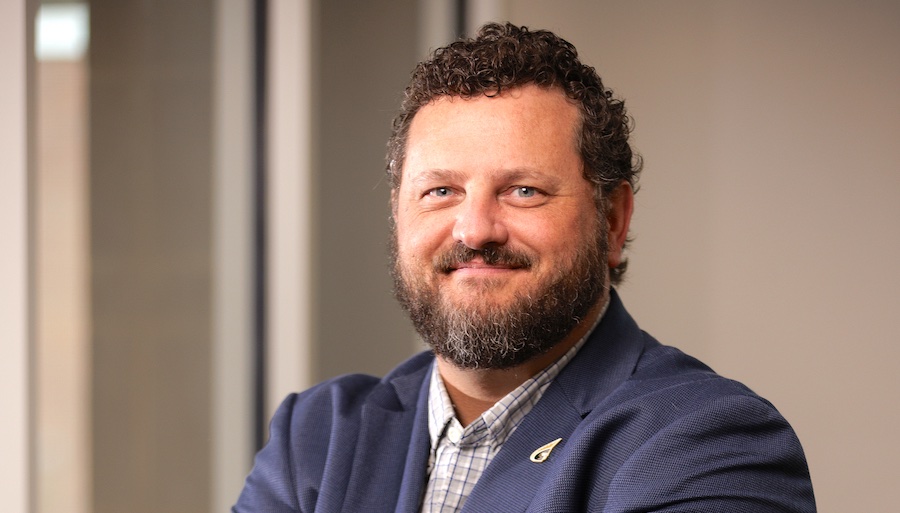Dr. Anthony Caito of the Anderson University Center for Leadership and Organizations attended the twelfth Workshop on Trust Within and Between Organizations in Helsinki, Finland, where he also made two presentations before an international audience.
Dr. Caito joined researchers from around the globe studying theoretical and practical aspects of trust between people in organizational settings. The workshop, which took place June 14-17, was organized by First International Network on Trust (FINT), LUT University, and University of Eastern Finland (UEF), and was co-sponsored by the Institute for Research in Social Sciences (IRiSS) Stanford University.
The FINT website states, “Trust is a fundamental element in organizing human activity. It has a focal role in enhancing communication, collaboration and commitment in private, public, third sector organizations and social movements. Trust connects people and enables collective value co-creation, yet the current social, economic, technological, and political changes challenge trust as we know it. The world is facing severe challenges that cannot be solved without human collaboration.”
Dr. Caito presented “A Research Design for Interorganizational Trust Amongst Uncertainty” and “Modeling Interorganizational Trust Amongst Uncertainty” at the workshop. Dr. Caito and some other presenters were paired with senior trust scholars as mentors from around the world. Dr. Caito was paired with Shay Tzafrir of the University of Haifa, Israel.
“He’s been examining trust for a long time,” Dr. Caito said. “He provided some excellent feedback for months prior, and then at the conference. That was a really enjoyable experience and helpful for preparing my paper for publication.”
Dr. Caito, who typically studies fragile states, explained, “Countries that are considered fragile have dysfunctional institutions and citizens don’t know what to expect from the government from one day to the next.”
Despite perceived problems within the United States, Dr. Caito contends that Americans have greater reason for institutional trust and confidence than many other countries.
“In my research, what I’m finding is that there are unique opportunities for different forms and types of trust in those settings where there’s lots of uncertainty due to institutional dysfunction than in places like the United States and Finland where there is much more certainty.”
The Anderson University Center for Leadership and Organizations is an innovative program specifically designed to equip individuals for the highest level of scholarship and leadership in business, ministry, education, public service, healthcare, and non-profit organizations. Details about the center’s programs can be found online.

